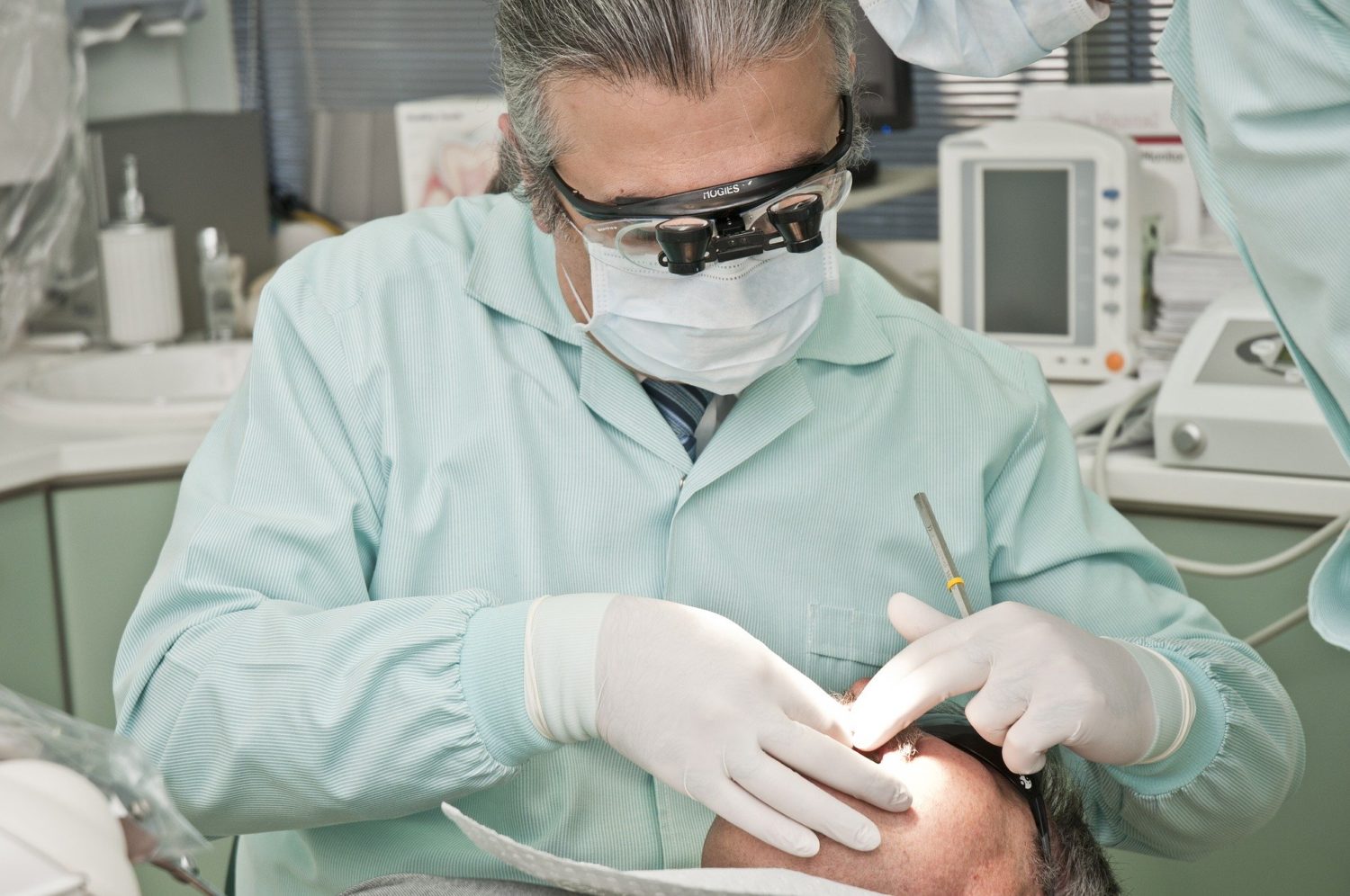2
Oct
Is It Normal for Gums to Bleed During and After a Dental Cleaning?

Having your teeth checked and cleaned regularly is essential for maintaining good oral health. After a deep cleaning, some patients worry that their gums will bleed.
Some people claim that their gums never bleed at any other time than right after they get a dental cleaning. That might be the case if you don’t floss your teeth every day and have built up plaque and tartar along your gums. The inflamed tissues bleed when instruments disturb the bacteria nestled in the crevices of your gums.
Now for the good news. The best way to prevent your gum disease from returning is to have regular dental cleanings. Once you’ve achieved a “fresh start,” you can keep it that way with consistent, thorough brushing and flossing. For sure, you should wrap the floss tightly around the teeth and gently slide it under the gums.
If your gum disease isn’t too advanced, you might be able to stop your bleeding gums in a matter of weeks.
It’s normal for gums to bleed a little after a cleaning, but you shouldn’t worry about it for more than a day or two. But if it persists for a long time, you should visit our office again to have your gums examined.
Plaque accumulation at the gum line is a major cause of gum disease. In some cases, there are no noticeable symptoms, so you may have it and be completely unaware. Gingivitis is the name given to early stages of gum disease. It can spread below the gum line and even into the bone if not treated. Periodontitis is the more serious form of this disease.
Gum disease is a major contributor to missing teeth. Diseases like diabetes and heart disease are also more likely to develop as a result. Gingivitis can be avoided if detected early on.
What is Gingivitis?
According to the Mayo Clinic, when the gum tissue surrounding the tooth socket becomes irritated, red, and swollen (inflamed), this is known as gingivitis, a common and mild form of gum disease (periodontal disease). Gingivitis is a serious condition that requires prompt attention. Loss of teeth and even death can result from gingivitis’s more advanced stage, periodontitis.
Gingivitis is typically brought on by neglecting one’s oral hygiene. Gingivitis is preventable and treatable with routine dental care like brushing twice a day, flossing daily, and seeing the dentist regularly.
Stopping and Preventing Gum Bleeding
Your condition is fortunate if it is limited to gingivitis at this point. In about two weeks, if you follow the right procedures, you can eliminate the symptoms and heal your gums.
To begin, try angling your toothbrush so that it brushes along the gums. Move the toothbrush in small, circular motions across the surface of one or two teeth at a time to stimulate the gums and remove plaque.
Wrap a section of floss around the tooth’s side and work it up and down to reach under the gums. Avoid further traumatizing your gums and bleeding by keeping the floss in a “C” shape and avoiding straight up-and-down motions. As a minimum, the floss should penetrate the gums by a few millimeters.
A water flosser and/or electric toothbrush can help you get rid of plaque bacteria even more effectively.
Family Dentist Near Me in Boynton Beach, FL
Do you want to improve your smile and schedule an appointment with a cosmetic dentist? Contact an experienced Boynton Beach Dentist today. We have been in business over 40 years and would love to help you!!

